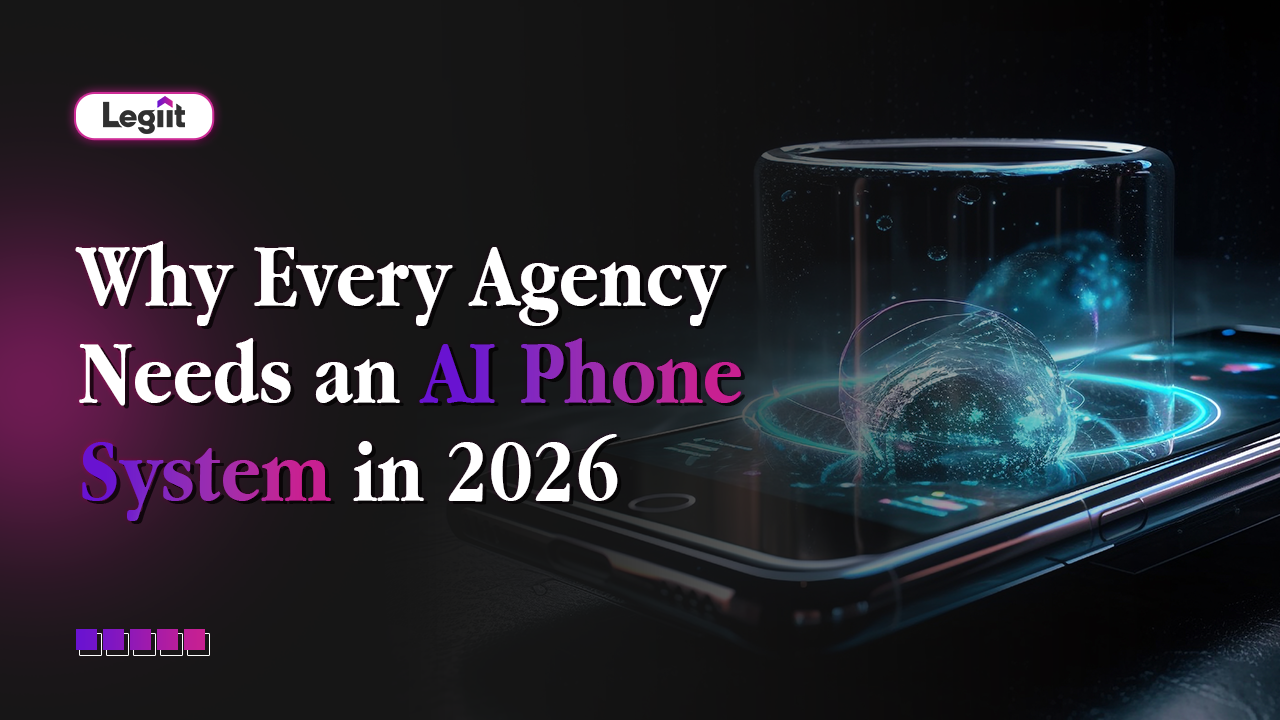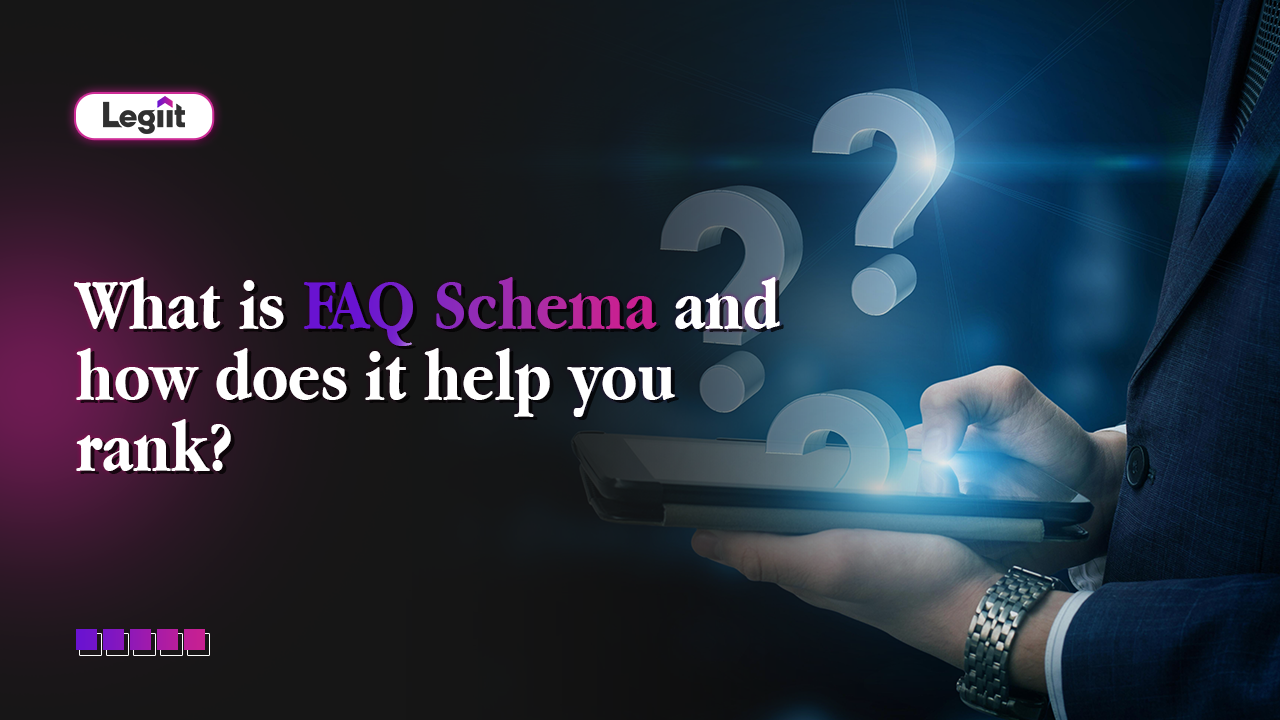Ever wondered what the difference between B2B and B2C is? Or maybe which path is the right one for you? This article will look at what each entails and how the marketing models take shape and differ.
Understanding this will go a long way in helping you design marketing campaigns that convert depending on who you intend to sell to. Let’s get started!
B2B vs. B2C: What's The Difference?
Business to Business (B2B) and Business to Customer are business models targeting two distinct audiences.
B2B refers to businesses that primarily target other businesses instead of their own.
B2C, on the other hand, refers to businesses whose focus is on the interest and needs of their customers. These are mostly individuals. In other words, they sell to individual customers and not to other businesses.
Business-to-consumer companies might sell to businesses every so often, but their primary target is customers, and their marketing strategies often reflect this.
Let’s see a fuller picture of these differences.
5 Key Differences Between B2B and B2C
The main differences between B2C and B2B can be summarized as such:
| B2C | B2B
|
| Transactions are between a business and the end consumer | Transactions are between businesses |
| Individuals buy to satisfy their own needs and wants
| Business buy products to support work-related activities
|
| Order sizes will be small
| Order sizes will be large |
| Selling to consumers focuses on building a strong customer base
| Selling to businesses focuses on building robust, long-term business relations |
| Sales are made on the final product for the customer's use
| Products are used to advance the production of the final product
|
Keep in mind, however, that the creator economy, B2B e-commerce, and the startup culture have created some grey areas in B2B and B2C marketing. Consumers today have more direct access to products, and more B2B businesses have moved online, reducing their control over the sales process.
Similarly, startups are more open to targeting emotions and getting funding much faster through this approach.
These changes say one thing: be flexible and ready to adapt to the fluidity of the marketing arena.
B2B vs. B2C Examples
B2C businesses are enterprises that sell their services and products to the customer or end-user with no middlemen. These can be online-based or brick-and-mortar businesses.
Examples of B2C businesses include;
1. Retailers, for example, Costco, Walmart, your local hardware,
2. Service providers like your dentist, spas, restaurants, pet groomers
3. E-commerce B2C businesses like Uber, Amazon, eBay, and Airbnbs
On the other hand, B2B businesses on the hand offer goods and services to be used by other businesses.
Examples of B2B businesses include;
1. Accounting firms
2. CRM developers
3. Business communication and collaboration software and equipment manufacturers
10 Differences Between B2B vs. B2C Marketing Strategies
While marketing for B2B and B2C inject some common marketing strategies, the two are approached differently.
1. Target Audience
One of the most distinct differences between B2B and B2C marketing is the targeted customer.
B2B marketers craft their messages and direct them toward decision-makers in an organization. As a result, they don't have to focus much on other individuals in the organization or even end users.
For example, a B2B marketer selling accounting software has little concern for how many accountants are hired by an organization. Instead, their focus is on the executives in the company that make purchase decisions.
However, a B2C marketer will target their campaigns toward anyone who can use their service or product, even when they are not necessarily buyers.
This can be a cookware store targeting people to buy their saucepans and cutlery. It can also be an ad campaign for a doll that a little kid will see and convince her parents to get for her.
Because of these differences in targeting, B2B campaigns are often channeled through platforms with a broad reach. These include TV, social media, billboard advertising, and so on.
B2B ads have to be where you will find entrepreneurs and decisions makers. Think LinkedIn, trade and professional publications, and so on.
2. Logic vs. Emotion

Existing and potential customers want to feel cared for and love brands they can resonate with. Storytelling marketing is always a good way to meet both needs.
While B2B and B2C marketing both use this strategy, marketers in either category use a different approach.
B2B is mainly pegged on logic. If you are a decision maker in a company, your job requires you to make highly objective, well-analyzed decisions on any purchases. As a B2B marketer, you need to tell decision-makers stories about your brand, focusing on its features and how it will help them, their business objectives, and their bottom line. There is hardly any room for emotions.
Contrariwise, B2C marketers need to appeal to emotions. B2C customers are looking for value, joy, fun, entertainment, and so on. So tactics like the fear of missing out will work in B2B but flop in B2C.
Similarly, there is a lot of impulse buying in B2C sales and almost none in B2B sales.
B2B marketing appeals to the mind: explore logic and expertise, while B2C appeals to the heart.
3. Command Chains and Buying Cycles
B2B purchases involve accounting, procurement, and heads of departments.
All these individuals add their input to each purchase decision. A B2C customer, on the other hand, makes their decision by themselves and a lot more speedily.
With B2B, purchase decisions must be escalated to several people. For a market, this means you must market your product or service o the entire chain.
The other thing you notice in B2B marketing is that the sales cycle requires a lot more lead nurturing. Companies evaluate their long-term goals, ROI, upfront costs, and so on before committing to a product. This process is much more complex than B2C marketing, where customers will make purchases more easily and impulsively.
Therefore, you need to be a lot more patient with B2B marketing and create content that addresses decision-makers in the various stages of the buying cycle.
4. Return On Investment

B2B customers are concerned about business efficiency and expertise. They must be able to take accountability for their decisions and prove why the purchases they undertake make business sense. However, B2C consumers seek deals and entertainment.
Differently put, financial incentives drive B2B buying decisions. Therefore, you must focus on your product's ROI as a marketer.
This means highlighting how your product benefits the customer's business. Why? Because businesses only invest in your product if it supports their objectives and increases their bottom line.
ROI is not very important to B2C buyers as their primary concern, as anything that solves their immediate problem gets the deal.
5. Volumes Required To Reach Goals
B2C products typically sell at a lower price point. This means marketers need to move higher volumes to reach their goals. This will often reflect in the variety and frequency of marketing.
B2C marketing channels are often those that appeal to the masses. Think billboards, Podcast ads, social media, and so on.
Conversely, B2B products attract higher prices, and marketers need to get fewer, albeit targeted, accounts to make a profit. Therefore, these campaigns are designed to reach the right quality of audience rather than the right quantity.
While B2B marketers target specific decision-makers within organizations, purchase decisions are backed by company resources. These large ticket items are almost always budgeted for and often amount to several times what B2C customers spend.
6. Relationship Building

Businesses look for long-term relationships with suppliers because they want reliability and stability in their supply chain.
In this regard, businesses will also be interested in the financial stability of the suppliers they pick, over and above what they supply.
This is not to say that there are no one-off purchases in B2B or that long-term contractual agreements dont exist in B2C. However, a stable company that sticks to a specified supply schedule long-term is more of a factor in B2B than B2C.
7. Prices Are More Fluid In B2B Sales
Prices for consumer products tend to be non-negotiable. There are exceptions, however. For example, a consumer can negotiate rates with a painter coming to redo their home. Still, consumers generally expect to pay the stated price for the product.
Business purchases are often repetitive, high ticket, and high volume, so businesses expect to be able to negotiate the price. B2B companies will therefore be open to negotiations and will more often than not leave prices out of their marketing material.
8. Jargon and B2C Sales Don’t Mix
With B2C messages, it's best to focus on features, prices, deals, and offers and steer clear of industry jargon.
A B2B customers, on the other hand, are industry experts and quite familiar with industry jargon. As a result, their product descriptions and marketing material can be detailed and technical without posing problems.
9. B2C Adverts Need To Be More Attention Grabbing
Business buyers often research several companies before reaching out to one or a couple of them. They also only do this when they need a product or service. As such, attention-grabbing adverts are unlikely to get their attention or say their decisions.
B2C buying involves a level of impulse buying and flexibility. Similarly, numerous other adverts for similar and different products compete for buyers' attention. To make B2C sales, your ads need to stand above the rest, make a splash and grab consumers' attention to make a sale.
10. Success Measurement
Success measurements for B2B and B2C differ.
With B2C, the number of people responding to ads, sales volumes, and how much is earned are parameters to measure success. On the other hand, to measure success in B2B, you look at customer retention rates, satisfaction levels, and so on.
Differences Between B2B vs. B2C Buying Processes
We earlier saw how B2B and B2C differ. The buying processes of the two differ a lot as well.
We saw that B2C is emotion-based. B2b is also emotion based at times, but all purchase decisions must make logical sense for the business. They must be decisions that offer a reasonable ROI and that support the business's profit-making endeavors. If your B2B products and services don't pass these tests, you are unlikely to make areasonable sale.
But it doesn’t end there. Here are other differences in the buying cycle.
B2C Consumers Are More Flexible
Businesses buy new products and services with very concise specifications in mind.
For example, let's say a company is looking for an online collaboration tool. When looking at different software, they will think about its capacity Vis a Vis, the software's capacity, its integration with other software and work tools, cost, features, and so on.
Any software that doesn’t meet the set criteria is unlikely to be considered past this.
B2C customers might know what they are looking for, but they are happy to bend a little.
B2B Customers Expect More Post-Sales Services
B2C customers will likely only call on after-sales support if something goes wrong or they have a complaint. When this does happen, they expect responsiveness and fast resolution times. This can make or break their loyalty.
On the other hand, B2C customers need a lot more attention and handling. Some examples of excellent after-sales support for B2B customers include:
Following up after installation to find out how well everything is working and if they need any assistance
Sending them materials and resources relevant to their recent purchases (you need to be very cautious with these when handling B2C customers)
Being easily accessible and available when they need you to resolve any issues related to their purchases
Essentially, B2B customers need to know you will be there for them when they need you. This increases their satisfaction levels and boosts your chances of retention and future Business.
Advantages of B2B
Some benefits to buyer and seller in B2B transactions include the below.
Convenience:
While B2B sellers can have storefronts, B2B commerce is increasingly taking place online. Here companies can advertise their products online, offer free demonstrations and allow bulk orders.
This digital transaction model makes it much easier for buyers to place orders a lot more efficiently and conveniently.
Higher profits

B2B companies sell items in bulk, so buyers need to restock less often and a good price per order. Such large order numbers mean more sales and potentially higher profits.
Similarly, advertising on B2B websites helps boost conversion rates while keeping marketing costs low.
Advantages of B2C
Benefits of B2C include the following.
B2B VS b2c Sales: Shorter sales cycle
B2C targets the purchaser directly instead of a chain of decision-makers. This makes the sales cycle significantly shorter.
More numbers
You cast a wider net when advertising. For e-commerce B2C sites, this means you can reach millions worldwide.
B2B vs. B2C: Which Is Better?
The entry barrier to B2C is usually lower. Similarly, small value B2C purchasing errors are less impactful than the often high value B2B sales.
On the flip side, few B2B sales will fetch more than multiple B2C sales. You are also not depending on emotion with business purchasers.
Having said that, neither B2B nor B2C can stand out as 'better' than the other. Both serve different functions, are effective depending on the overall strategy, and have some favorable and some non-favorable attributes.
Frequently Asked Questions
on B2b Vs. B2C Let’s look at some of the commonly asked questions.
Can a business be both B2B and B2C?
Yes, it can. While it's slightly more involved than focusing on one, having a website makes it much easier. You can have two separate websites catering to the two segments individually. Or you can have one website with two separate logins for B2C and B2B customers.
Which is more profitable? B2B or B2C?
It's often thought that B2B is more profitable because you sell bulk, making a higher margin. This holds true. However, if you go about B2C selling the right way, you can make good money depending on the scale you sell at.
Are there companies that are both B2B and B2C?
Yes, we have companies that do both, and very successfully. Examples include Microsoft, Salesforce, and Mail chimp.
Does B2B marketing need social media?
Indeed it does.

Having a social media presence allows end users and B2B buyers to interact with your brand in a more interactive, personal manner. In addition, customers, even business ones, prefer buying from brands they are familiar with.
Having more channels than just your website supports this endeavor.
Is there something I can take from B2C to help me with B2B marketing?
The ultimate thing you can take away is that you are selling to a human, not a soulless enterprise. This will help you adopt a more human approach with your B2C marketing instead of seeing each lead as just another number in your sales funnel.
Final Thoughts
Are you a marketing professional with good insights on B2B and B2C marketing? Maybe a course teaching upcoming marketer’s a few industry tips and tricks to get their numbers up?
If so, our site is an excellent place to showcase your knowledge and sell your course. So visit Legiit.com, and help drive the marketing world to the next level.








 Download
Download